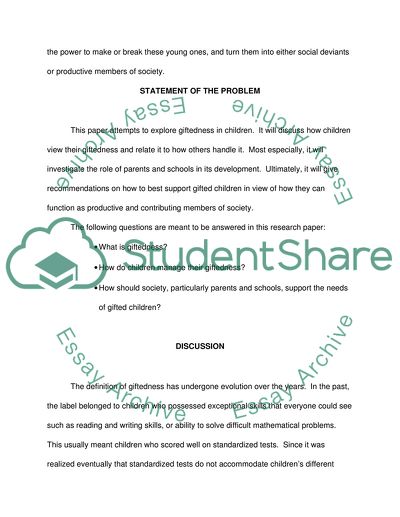Cite this document
(“Social Issue: Deviant Behavior Essay Example | Topics and Well Written Essays - 2000 words”, n.d.)
Retrieved from https://studentshare.org/sociology/1537953-social-issue-deviant-behavior
Retrieved from https://studentshare.org/sociology/1537953-social-issue-deviant-behavior
(Social Issue: Deviant Behavior Essay Example | Topics and Well Written Essays - 2000 Words)
https://studentshare.org/sociology/1537953-social-issue-deviant-behavior.
https://studentshare.org/sociology/1537953-social-issue-deviant-behavior.
“Social Issue: Deviant Behavior Essay Example | Topics and Well Written Essays - 2000 Words”, n.d. https://studentshare.org/sociology/1537953-social-issue-deviant-behavior.


